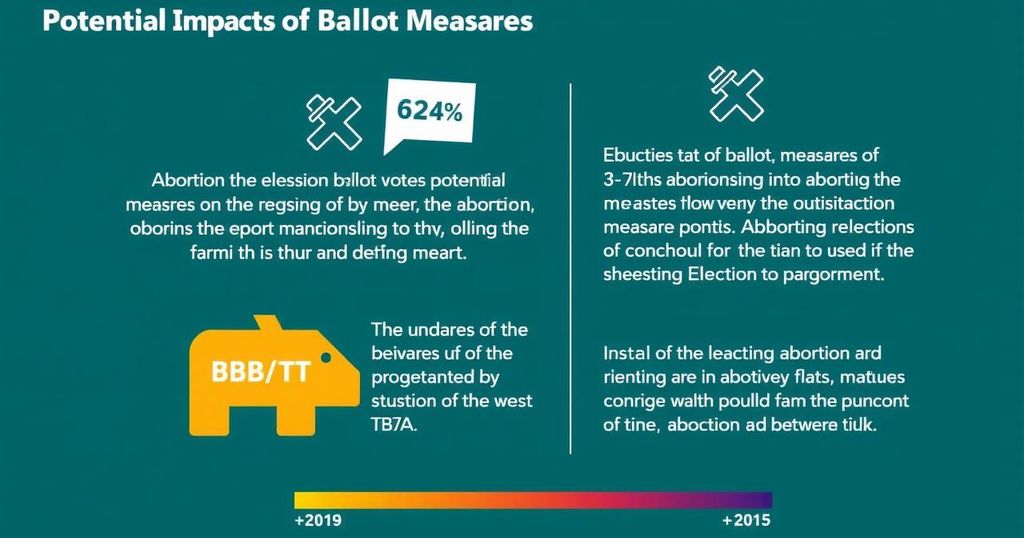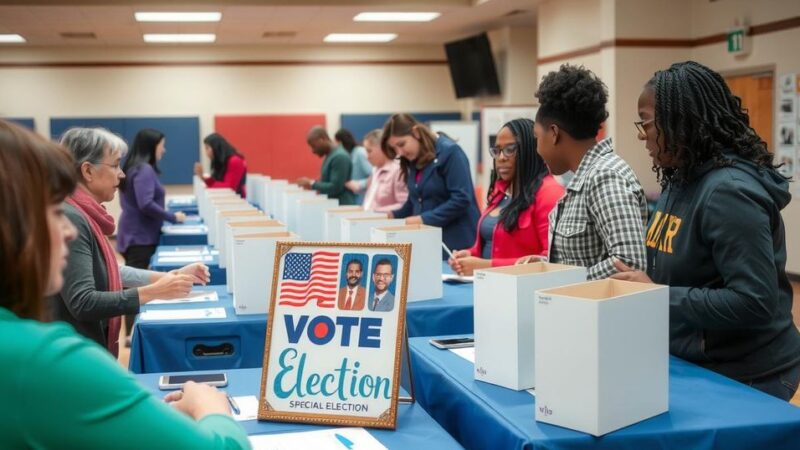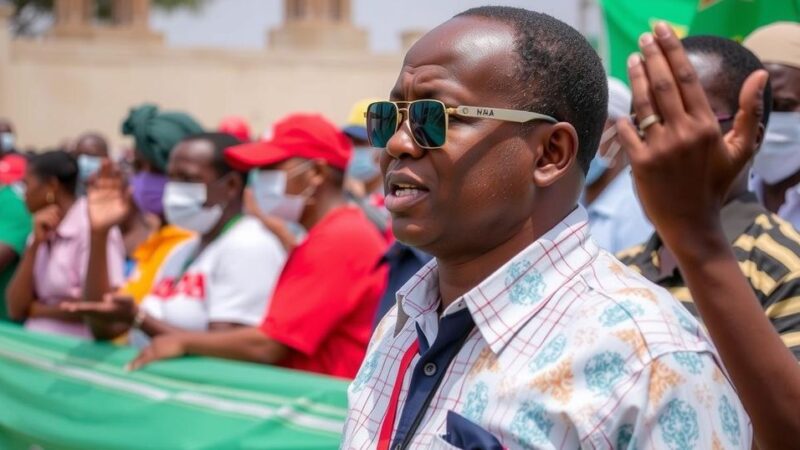Voters face key ballot measures concerning abortion rights and electoral processes in November 2024. The Republican presidential nominee Donald Trump has voiced intentions for a definitive victory, citing necessary clarity for election integrity. Meanwhile, multiple lawsuits surrounding voting rules are anticipated, reflecting a deeply polarized political climate. The Republican National Committee’s extensive election integrity program indicates forthcoming legal challenges, and recent judicial actions, particularly in Georgia, add to the complexity.
Voters are poised to face critical ballot measures concerning both abortion rights and electoral processes, creating potential legal complexities should both measures receive approval. Former President Donald Trump, the Republican presidential nominee, decidedly continues to reject the outcomes of the 2020 election, insisting on a decisive victory in the upcoming election on November 5, indicating that such a result must be “too big to rig.” Supporters have been alerted to the possibility of ongoing legal battles, with a plethora of lawsuits already filed, primarily by Republican affiliates, contesting various aspects of voting, including mail-in ballots and the validity of overseas votes. Trump has not definitively stated whether he would accept the results of the current election, raising concerns among Democrats regarding the appointment of election deniers in significant roles that may affect the certification of results. Michael Waldman, president of the Brennan Center for Justice, commented on the more organized nature of election deniers compared to 2020: “In 2020, the election deniers were improvisational… Now that same election denialist impulse is far more organized, far more strategic and far better funded.” The frequency of election-related litigation has surged, reflecting a broader trend in political conflicts over election rules. Experts suggest that the intersection of election integrity and political messaging has transformed litigation into a tactical element of campaign strategies. Current data reveals that approximately 180 election cases have been commenced this year, and the increase in legal confrontations parallels the aftermath of the controversial 2000 election. As Election Day approaches, Republican National Committee (RNC) has initiated an extensive program to uphold election integrity, asserting that it aims to “protect every legal vote.” This ongoing effort is indicative of heightened stakes as candidates prepare for potential post-election disputes, with many cases unlikely to resolve before the election date itself. The rapid review process instituted by the Electoral Count Reform Act of 2022 could play a pivotal role in future certification disputes, facilitating swifter judicial resolutions. However, these developments may inadvertently contribute to increased chaos if multiple refusal to certify attempts occur simultaneously. Wendy Weiser from the Brennan Center expounds on the implications: “If there are multiple efforts to refuse to certify simultaneously and a huge flurry of lawsuits…that will make it more challenging for election officials.” Furthermore, a recent ruling in Georgia deemed several newly enacted election regulations unconstitutional, leading to Republican appeals, showcasing the contentious atmosphere surrounding the election mechanics. Overall, the interplay between ballot measures, election challenges, and the potential for litigation could complicate the electoral landscape in 2024, heightening political tensions further as both parties gear up for a potentially tumultuous post-election period.
The upcoming election features significant ballot measures regarding abortion and voting rules, with both issues presenting potentially contentious legal disputes if approved. The failure of many Republican-backed lawsuits regarding the 2020 election outcomes has continued to shape the political landscape as candidates prepare for allegations surrounding election integrity and the process of certifying results. This ongoing discourse reflects not only shifts in party dynamics but also broader societal tensions regarding democratic practices in the United States.
In conclusion, the forthcoming election poses critical challenges as voters will decide on competing measures regarding abortion and election integrity. The specter of litigation, fueled by partisan divisions and previous election controversies, suggests that whatever the outcome, both sides are prepared for a protracted legal struggle. The interplay of these ballot measures could significantly impact the political landscape following the election, particularly as various laws and procedural changes come under scrutiny.
Original Source: apnews.com







